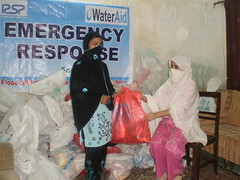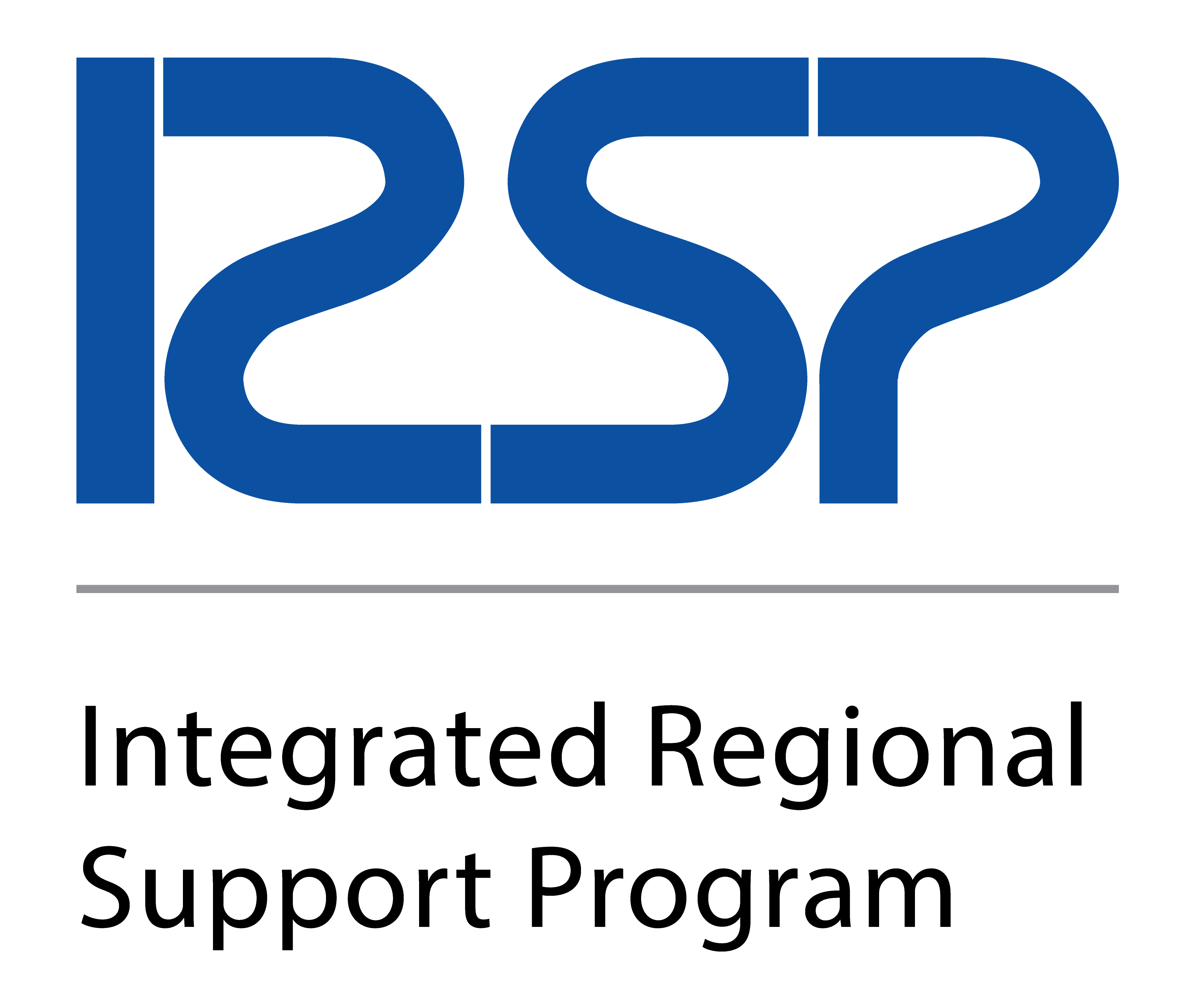Menstruation is a natural process that is often considered the central event of female puberty but due to illiteracy, ignorance about religious teachings, poverty, socio-cultural trends, negligence regarding psychological health and poor health facilities there’s not much discussion on this topic that results in negative. IRSP conducted a study earlier which can be downloaded from our site here.
Background:
Majority of girls in low-income countries cannot afford a monthly supply of feminine hygiene products. Women and girls in poor countries can’t afford sanitary pads or tampons, which would normally be changed around four times a day during menstruation for example in our rural areas females are used to use only one ordinary cloth for almost four days of their menstruation which is totally unhygienic.
One of the main reasons behind the issue is that menstruation is considered in many societies including Pakistan a hidden and secret issue even in many societies this is not openly discussed between mother and daughter. In many cultures menstruation is being perceived as unclean and embarrassing and also believed that it must remain hidden in communication.
In schools there are no proper facilities for menstrual waste management; girls don’t know how to dispose it off properly. The focus on menstrual hygiene management is an essential part of promoting hygiene and sanitation amongst adolescent girls and women who constitute approximately 45 per cent of the total female population.
Integrated regional support program (IRSP) is a multi sector development organization working in the field of water & sanitation in different parts of country since last 2 decades. IRSP has partnership with World Bank, WaterAid, European commission, UNICEF, Oxfam and Govt agencies to streamline the issues of water, sanitation and hygiene promotion in the country.
IRSP’s intervention on Menstrual Hygiene Management:

IRSP Staff Distributing Hygeine Kits
Keeping in view the importance of Menstrual Hygiene Managment, first need assesment survey was conducted on MHM in rural areas of Khyber Pukhtunkhwa (previously known as N.W.F.P) in 2010, we planned to initiate a project in four selected Union Councils of Mardan district in collaboration with WaterAid. We are begining with basic trainings in government girls’ schools and in BHUs (Basic health units) on health and hygiene during menstruation. In order to convey our messages among students, teachers and lady health workers, we have developed IEC material in form of booklets.
MHM during flood emergancy (2010):
In current flood emergancy, Females were using old and dirty clothes so, IRSP is not only providing sanitation pads, clothes and other sanitory products but also working to educate females on MHM in hygiene sessions so that they can manage it easily, in these sessions they learn to use sanitory clothes because due to their rural background they don’t know how to manage menstruation properly and this attitude has become more difficult and dangerous for them in existing situation. To satisfy their demand for sanitary products IRSP and WaterAid first MH kit distribution has been completed successfully on 6th, Nov 2010.
Another  important issue we have is the issue of menstrual waste disposal during current emergancy and in routine life also. Menstrual waste disposal is abselutly improper in camps and even in houses of flood affectees. They used to throw openly or burn openly which is hazardous for environment. Improper disposal of used material can lead towards various kinds of infections so we planned for advocacy campaign to address the issue of MHM.
Primary audience:
Females from 12 to 50 years of age are in our beneficiaries and audience but young and unmarried females are more focused because it is difficult for them to discuss their issues with anybody.
Issues during MH assessment:
Following issues have been discussed with community during need assessment survey in flood affected areas;
- MHM before flood
- MHM during emergency
- Prior support on MHM during emergency
Menstrual hygiene kit:
- Menstrual hygiene kit has been designed with all relevant products and 800 kits are planned to be distributed.
- Hygiene sessions will be conducted to educate the females about use of kit and proper MHM.
Future planning :
In regular project we are planning for 4 trainings to be conducted in 4 selected UCs of district Mardan.
Objectives:
Objectives of the training will be:
To update the community’s knowledge on importance of menstrual health and hygiene
- To gain thorough knowledge on the important issues regarding Menstrual health and hygiene
The trainings:
Following matters will be addressed in the trainings to young girls;
- Understanding on traditional practices during menstruation.
- What is puberty / adolescence and changes happening during puberty and myths related to it.
- Physical and emotional changes.
- Unhygienic practices and health impact.
- Management of menstrual waste.
- Key hygiene practices to be followed during menstruation.
- Products to be used during menstruation.
